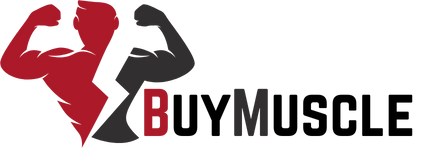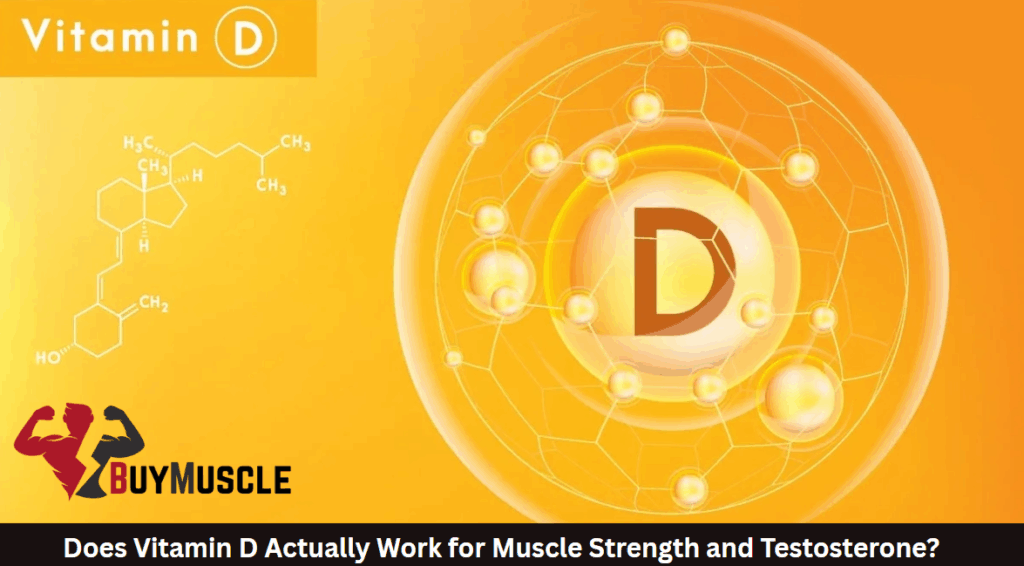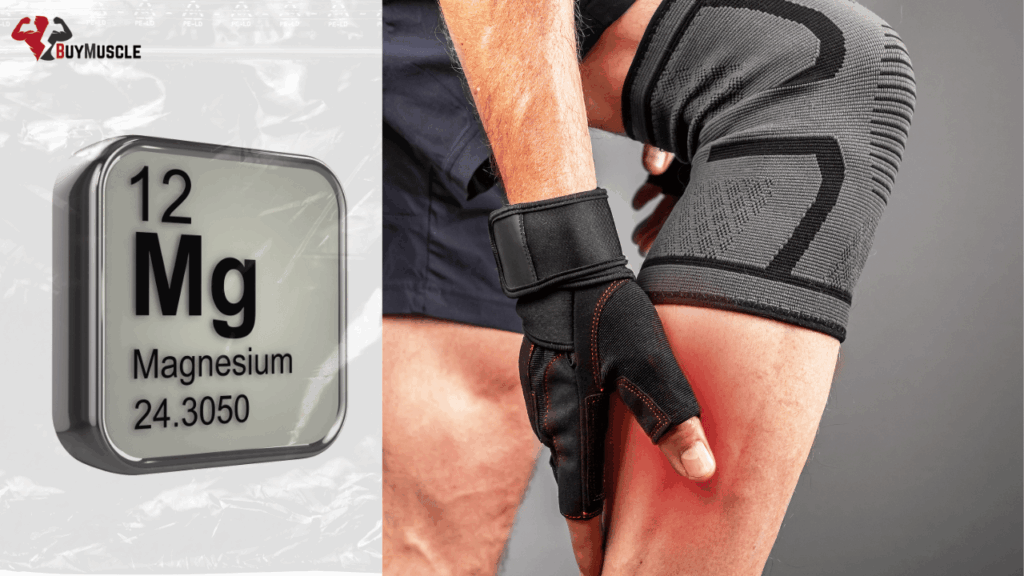Does Vitamin D Actually Work for Muscle Strength and Testosterone?
If you’re deficient in vitamin D (below 30 ng/ml), supplementing can boost your muscle strength by 10-20% and modestly increase testosterone levels. Your muscles have vitamin D receptors that directly impact force production and recovery time. D3 supplements work best at 1,000-5,000 IU daily, but won’t help if you already have adequate levels. Most people […]
Does Vitamin D Actually Work for Muscle Strength and Testosterone? Read More »







